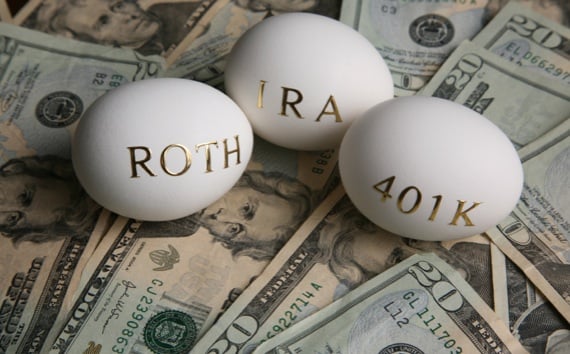Majority of boomers say a rise in marginal rates and FICA would crimp their ability to put money away
Baby boomers' retirement savings have already been hindered by a poor economy, and higher taxes will only make things worse.
An increase in federal income taxes will put the biggest dent in boomers' savings. Indeed, 54% of the 503 Americans aged 50 to 66 surveyed by the Insured Retirement Institute and Welfel Research Inc. say that they'll be less likely to save if they have to pay higher taxes. Currently, the income tax rate for individuals is at a ceiling of 35%, which will climb to 39.6% next year if the Bush tax cuts expire.
A higher tax on capital gains, which is currently at 15%, would also deter as many as 39% of those polled from saving for retirement. Taxes on long-term capital gains are expected to rise to 20%, along with an additional 3.8% levy for the Medicare contribution tax.
Nearly as many individuals – 36% -- said they would be less likely to save if the tax for Social Security – that is, the Federal Insurance Contributions Act payroll tax – were to rise from 4.2% to a rate of 6.2%, as it's set to do in 2013 when an extension on lowering the Social Security tax withholding rate expires.
Cathy Weatherford, chief executive of the IRI, said that even amid higher taxes, including the 3.8% tax on annuities, the contracts are still a worthwhile investment.
“Guaranteed income is the top thing that people are looking for in their investments, and they'll take that over a rate of return,” she said. “Going forward, annuities will become even more mainstream.”
As far as tax developments, there are some positives for Boomers who hope to continue to sock away money in a 401(k) plan. For instance, next year, individuals may put away as much as $17,500, up from $17,000. They may also put up to $5,500 into an IRA, an increase of $500 from last year.
Still, the increase in contribution limits isn't jump starting savings. Fully 56% of those polled said that the higher limit for IRAs would have no impact on their likelihood of saving, as did 46% of those polled when asked about 401(k)s.







